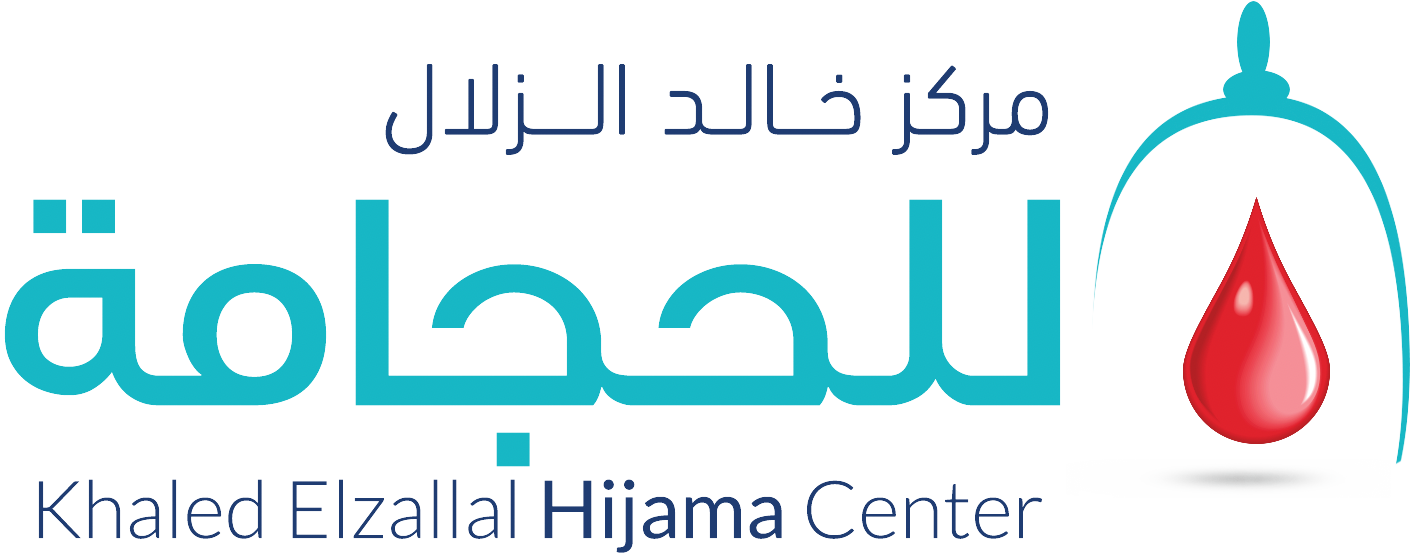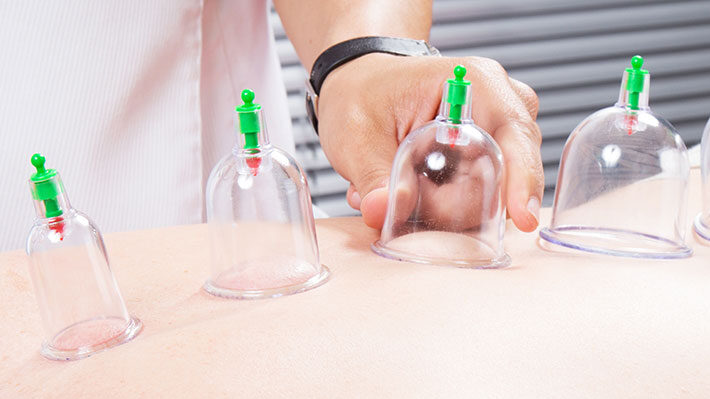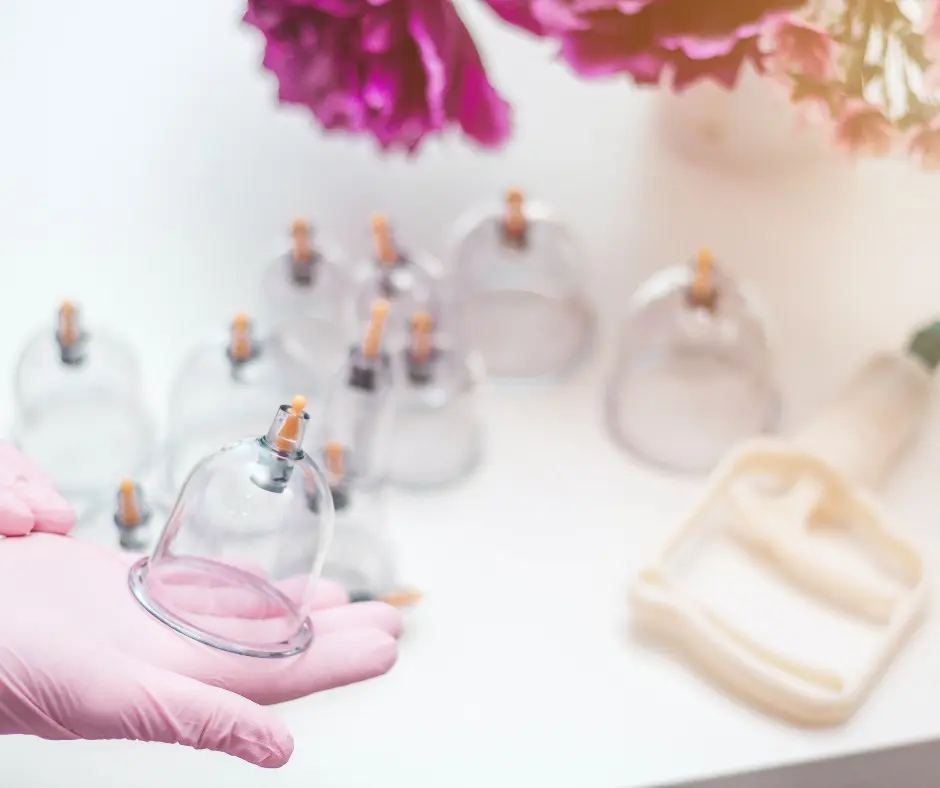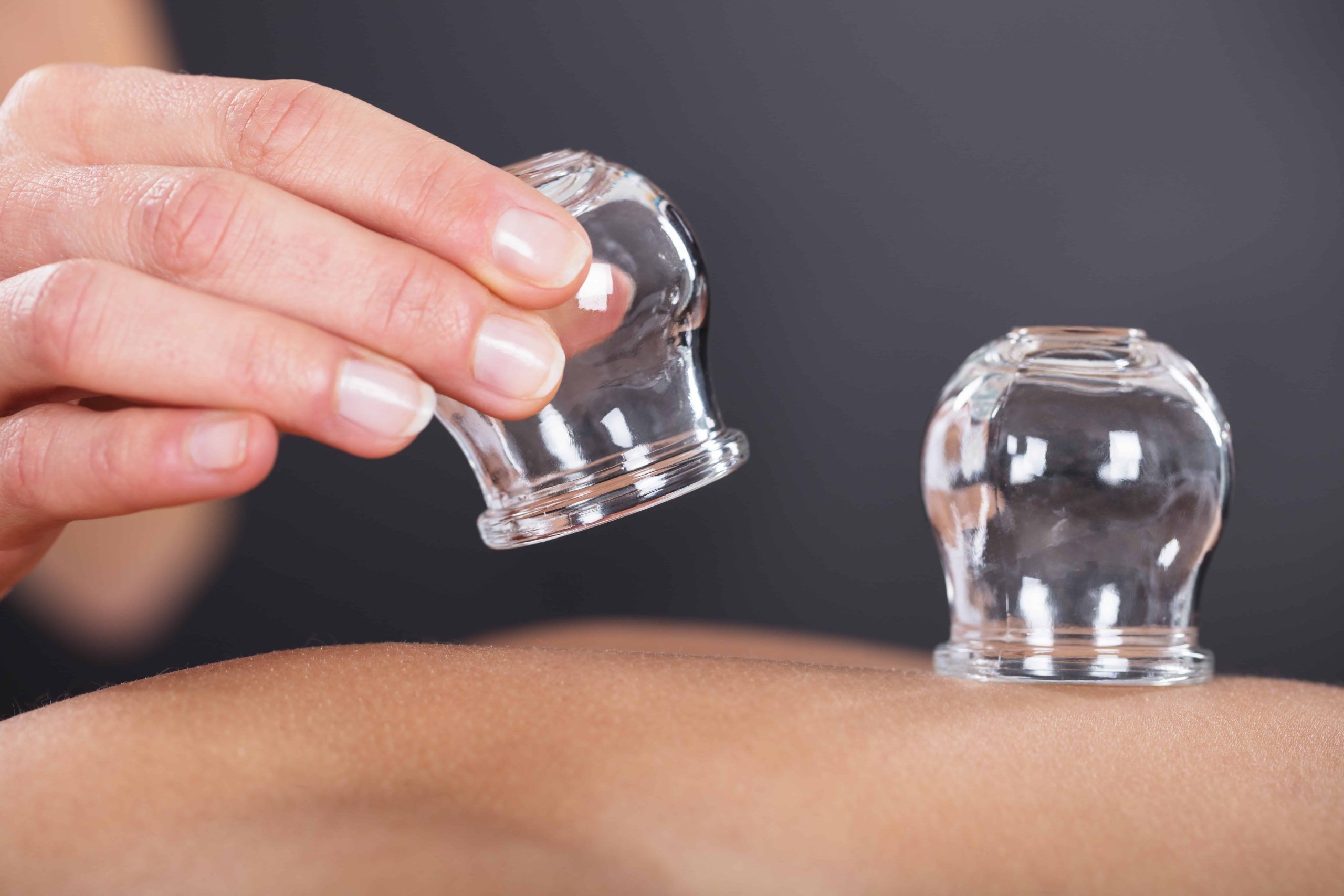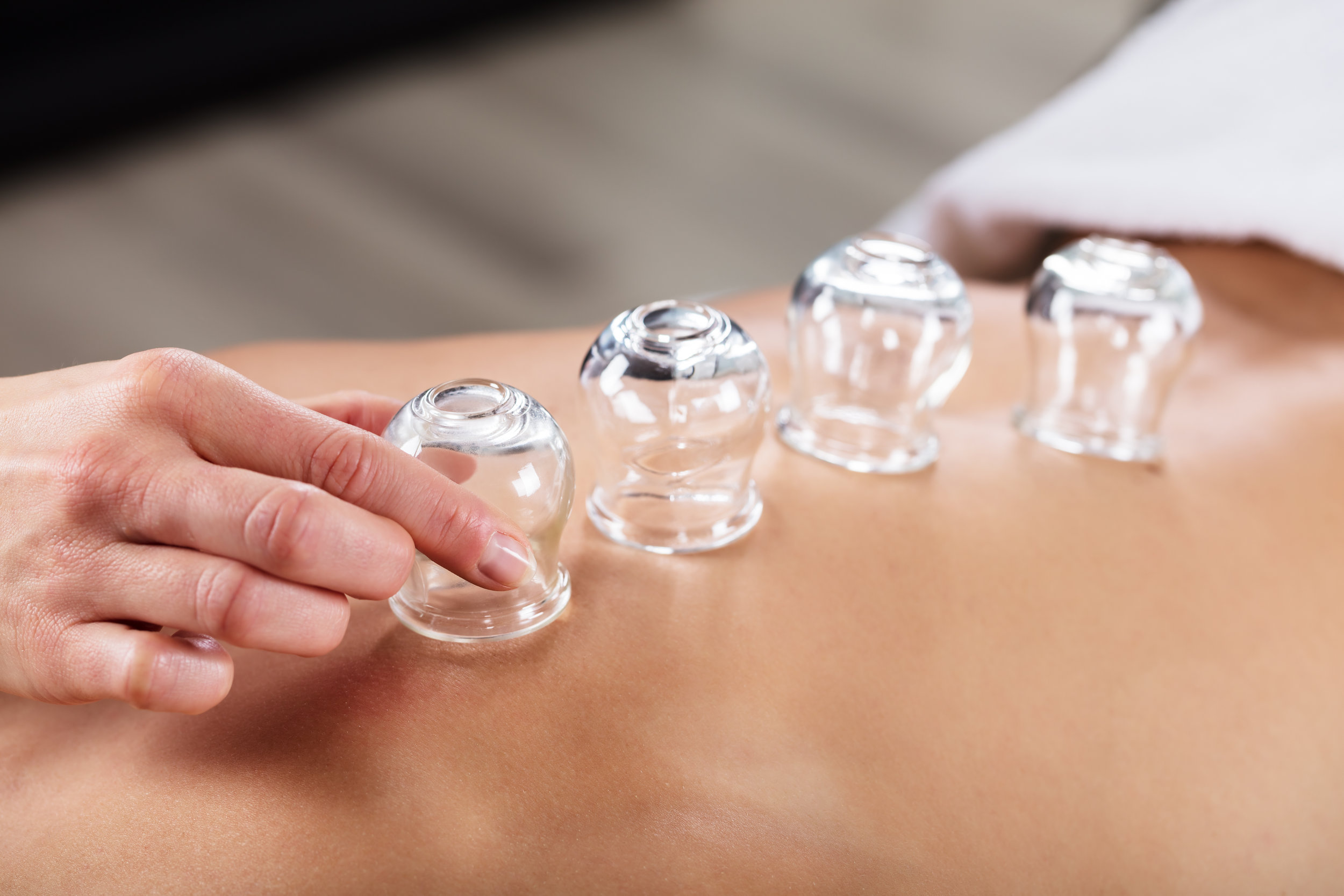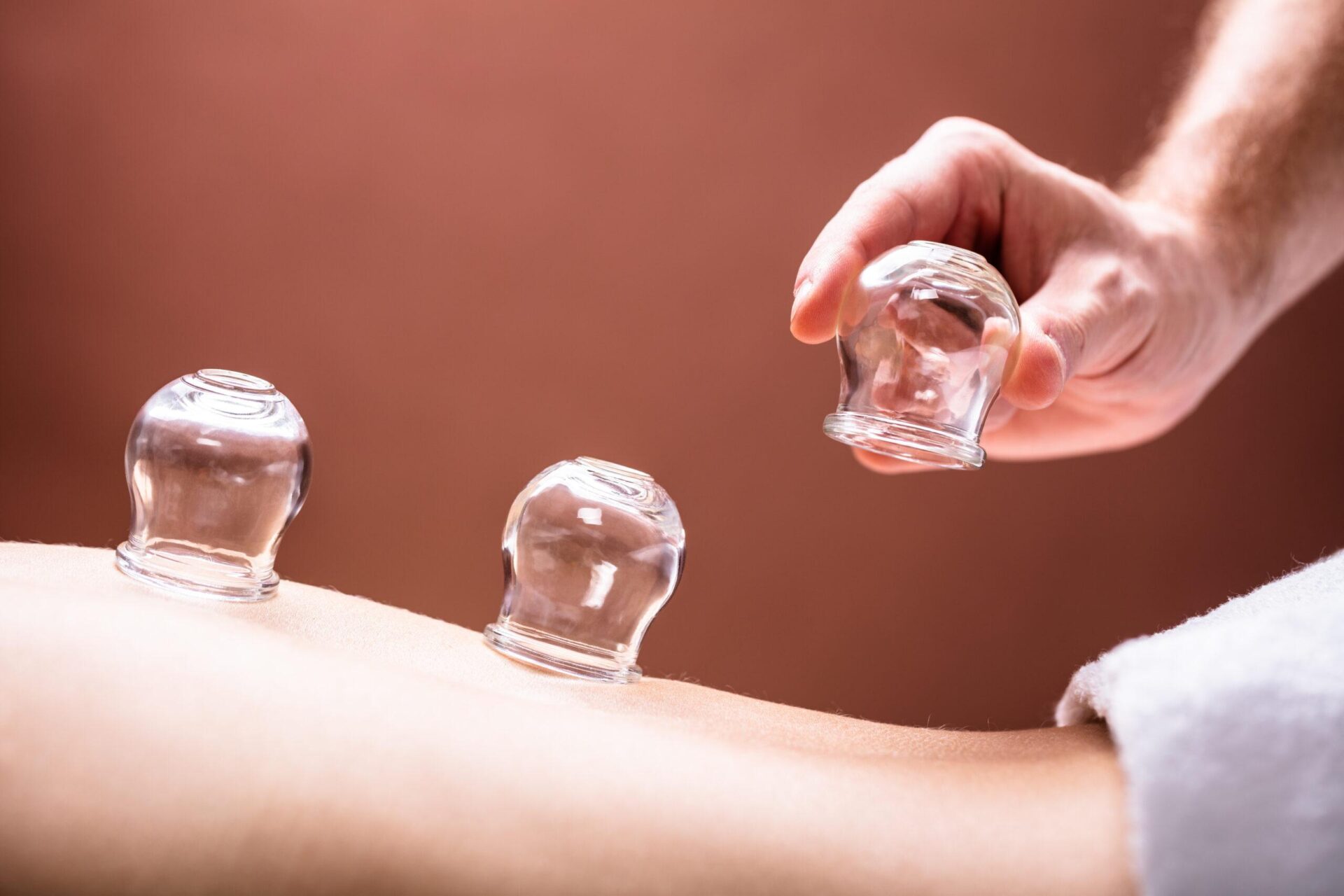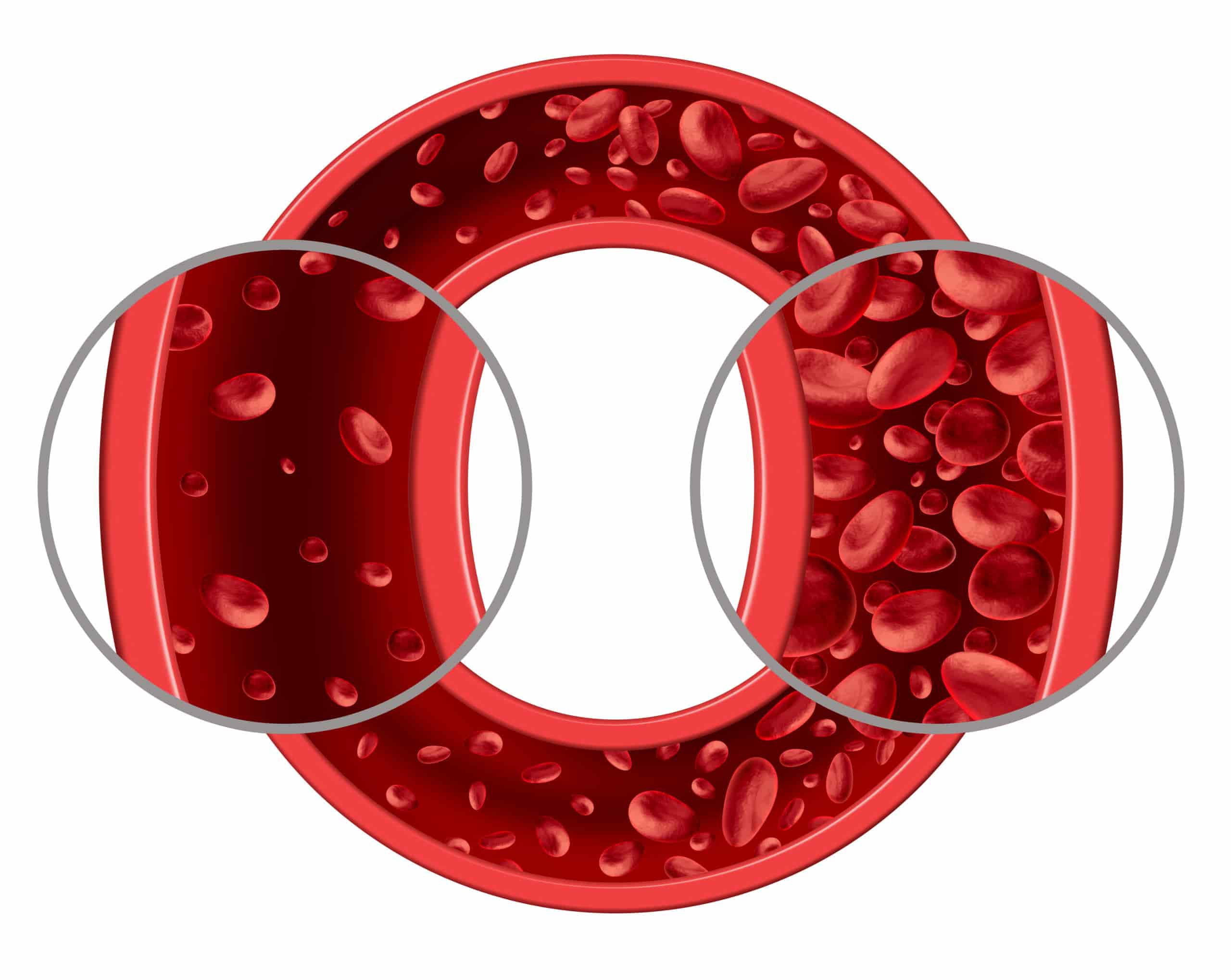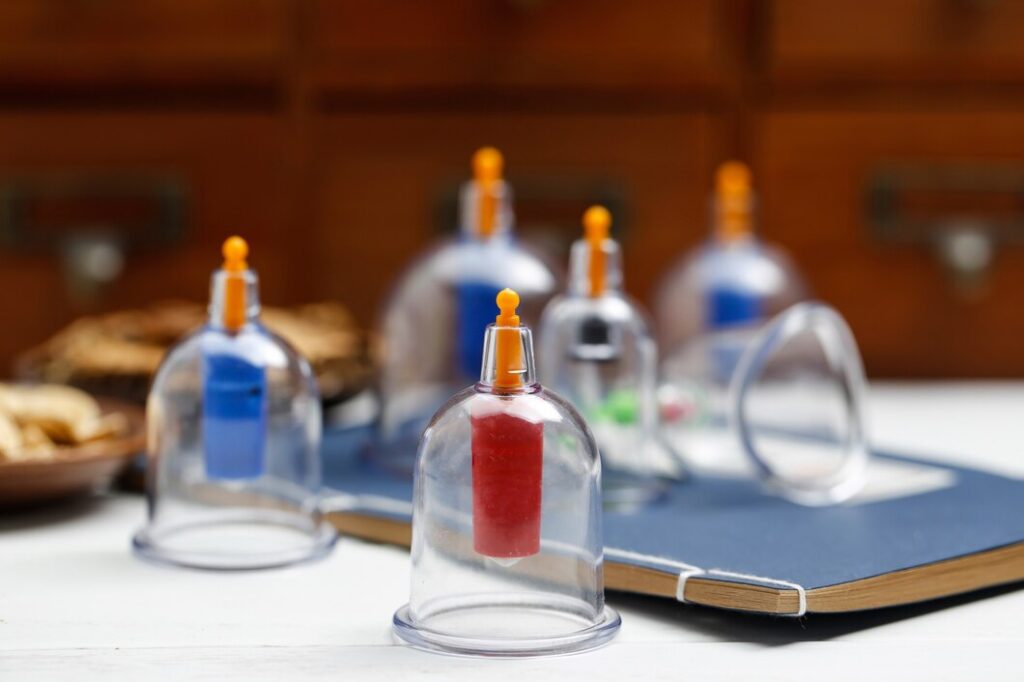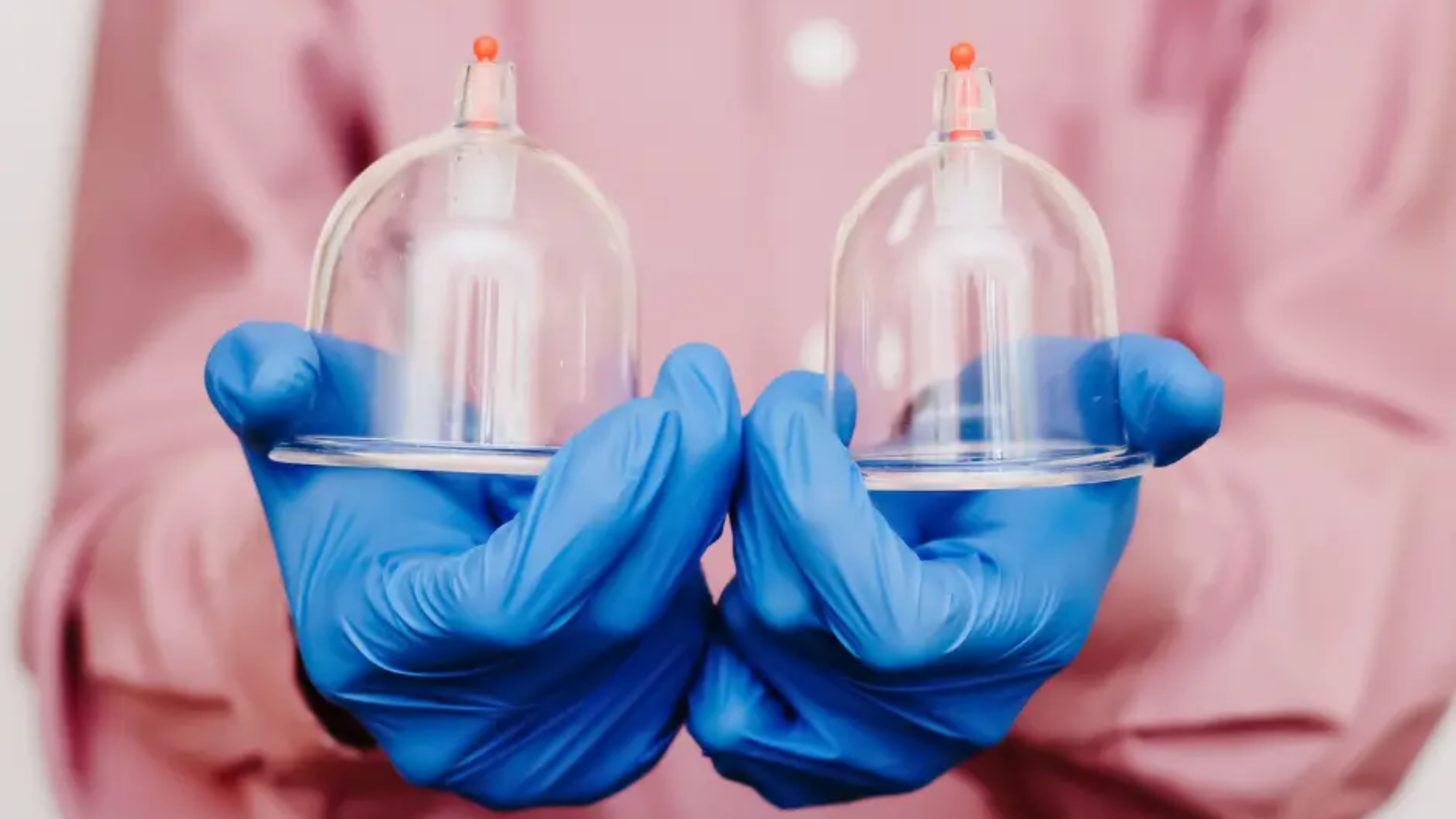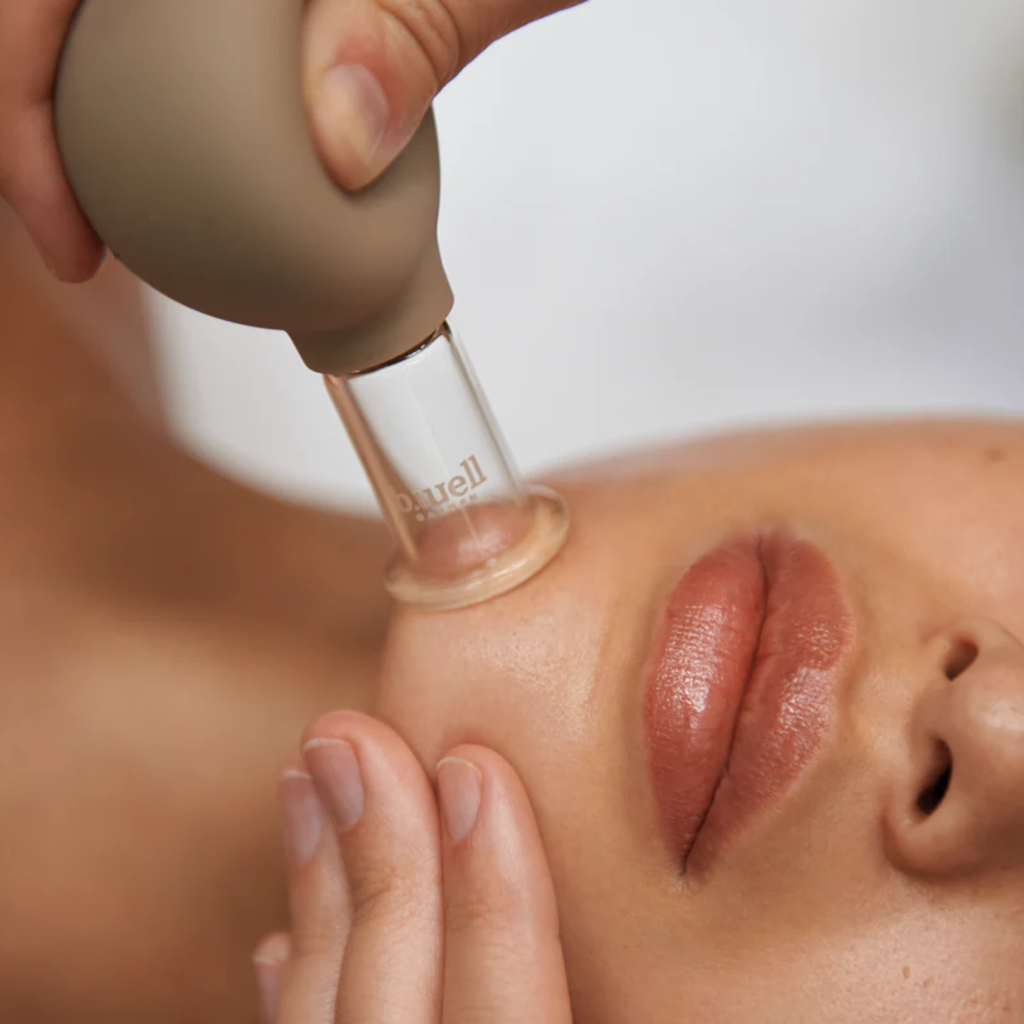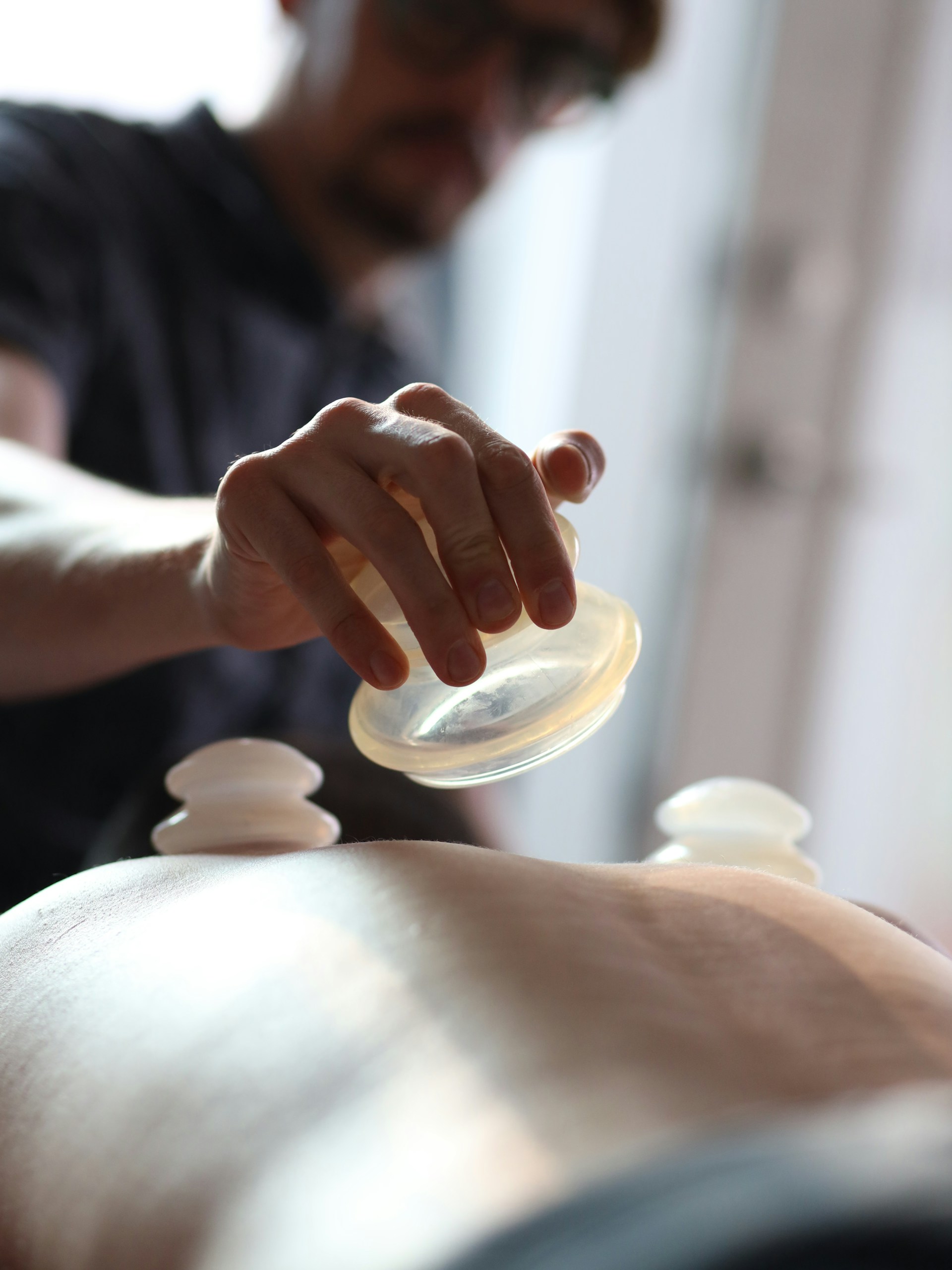Overview of Fertility Challenges:
Infertility represents a significant challenge for many couples desiring to conceive. For male infertility, it is often linked to a decrease in sperm count (oligospermia) or even its complete absence (azoospermia). A reduced sperm count occurs when the semen contains fewer than 15 million sperm per milliliter, which reduces the chances of fertilization. Female infertility, on the other hand, encompasses a variety of factors that affect egg production, fertilization, or the implantation of the fertilized egg in the uterus.
Male Infertility: Common Causes:
Sperm production is a complex process requiring the precise interaction between the testes, the pituitary gland, and the hypothalamus. Problems in any of these systems can affect male fertility. Common medical causes of male infertility include:
Varicocele: Swelling in the blood vessels that drain the testicle, which is a reversible and common cause of infertility.
Infections: Some infections can hinder sperm production or integrity, or cause scarring that prevents sperm from passing.
Ejaculation Problems: Such as retrograde ejaculation, where semen enters the bladder instead of exiting the penis.
Antibodies Attacking Sperm: Where the immune system attacks sperm, treating them as foreign bodies.
Tumors: Both benign and malignant tumors in reproductive organs or glands producing fertility-related hormones.
Undescended Testes: Where one or both testes fail to descend into the scrotum.
Hormonal Imbalances: Affecting the hormones necessary for sperm formation.
Certain Medications: Some medications can negatively affect sperm production and male fertility.
Therapeutic Cupping: A New Perspective in Improving Male Fertility:
Therapeutic cupping offers a unique approach to supporting male fertility by:
Improving Testicular Circulation: Enhancing the efficiency of sperm production.
Reducing Prostate Congestion: Through the secretion of nitric oxide, which helps dilate blood vessels and increase semen production.
Reducing Swelling in the Epididymis and Vas Deferens: Improving lymphatic system function and facilitating ejaculation.
Removing Deposits and Aged Blood Cells: Which may negatively impact sperm production.
Stimulating the Immune System: Reducing the likelihood of immune bodies attacking sperm.
Female Infertility: Common Causes:
Female infertility is a complex issue, with ovulatory disorders playing a significant role. Successful fertilization requires a series of events: the release of the egg from the ovary, its fertilization by the sperm, and its implantation in the uterus. Any disruption in these stages can affect fertility. Key causes of female infertility include:
Hormonal Problems:
Imbalances in FSH and LH, which are responsible for stimulating ovulation.
The impact of stress, physical exertion, excessive weight, or extreme thinness.
Increased levels of prolactin.
Ovarian Issues: Such as polycystic ovary syndrome (PCOS), which affects hormones and ovulation.
Problems during the Corpus Luteum Phase: Where the ovary does not produce enough progesterone to support a fertilized egg.
Failure of Egg Production: Due to autoimmune disorders, where the body attacks eggs.
Blocked Fallopian Tubes.
Therapeutic Cupping: A New Perspective in Improving Female Fertility:
Therapeutic cupping offers a unique approach to supporting female fertility by:
Improving Ovarian Circulation: Enhancing the efficiency of egg production.
Reducing Ovarian Cysts and Endometriosis: Through the secretion of nitric oxide, which helps dilate blood vessels in the ovaries and uterus.
Reducing Swelling in the Fallopian Tubes: Facilitating the transfer of the fertilized egg to the uterus.
Removing Deposits and Aged Blood Cells: Which may negatively impact egg production.
Stimulating the Immune System: Reducing the likelihood of immune bodies attacking the ovaries.
Conclusion:
Therapeutic cupping in the Khaled Al-Zulal Cupping Centers offers an innovative perspective and treatment plans to support fertility in both men and women, through its positive effects on circulation, hormones, and the immune system. While research is ongoing, this ancient therapeutic practice holds promising potential in improving reproductive health and increasing the chances of conception.

